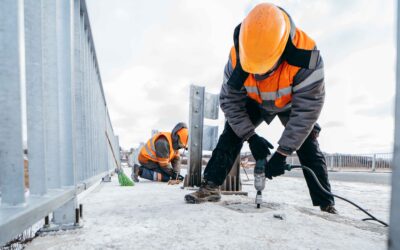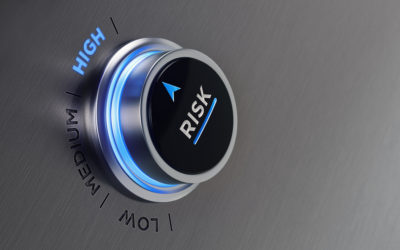AB 685 expands Cal/OSHA’s authority to issue stop-work orders to workplaces it deems a COVID-19 “imminent hazard.”
It also requires employers to send notices to a number of parties (state agencies, local authorities, employees, contractors and more) if they have coronavirus infections in any of their facilities.
The new law covers a lot of territory and you need to understand your obligations if any of your employees test positive to avoid penalties, fines or possible legal action. Here are the main points to be aware of:
Employee notice requirements
The new law requires employers who learn of an employee’s COVID-19 infection to send out notifications to all employees and subcontracted workers who were on-site at the same time as the infected person.
An infected employee (or qualifying individual in the law) is defined as any person who has:
- A laboratory-confirmed case of COVID-19,
- A positive COVID-19 diagnosis from a licensed health care
provider, - A COVID-19-related order to isolate provided by a public health
official, or - Died due to COVID-19, as determined by a county public
health department.
The notice must provide information regarding COVID-19-related benefits the employee may be eligible for under federal, state and local laws, such as:
- Workers’ compensation benefits,
- COVID-19-related leave,
- Company sick leave,
- State-mandated leave, and
- Supplemental sick leave.
The notification must also include the employer’s COVID-19 disinfection and safety plan.
Public health agency notification
AB 685 also requires that employers notify their local public health agency within 48 hours of learning of an “outbreak” among their workers. An outbreak is defined as: At least three probable or confirmed COVID-19 cases within a 14-day period at a worksite.
HEALTH AGENCY NOTIFICATIONS MUST INCLUDE:
- Names and occupations of workers with COVID-19.
- Additional information requested by the local health department aspart of their investigation.
If there are additional laboratory-confirmed COVID-19 cases at the workplace, the employer will once again need to send notice to the local health department.
Expanded Cal/OSHA authority
But the stop-work order must be limited to the immediate area in which an “imminent hazard exists.” Cal-OSHA is not authorized to bar entry to any areas outside the hazard zone.
When issuing a stop-work order, the agency must post a notice in the workplace. Entry will only be permitted for cleaning, disinfecting and eliminating the danger.
The timeline for issuing serious citations is also greatly reduced.
Typically, whenever Cal/OSHA plans to issue a serious citation it has to provide notice and give the employer 15 days to provide additional evidence to refute the need for a serious citation.
For a COVID-19 serious citation, Cal/OSHA will not have to provide this notice, meaning that the employer will not have 15 days to mount a defense.
Get a Quote
If you’re looking for a team of specialists who can help your cannabis business navigate state laws and regulations like this, contact Cannabis Connect today for a free quote.








